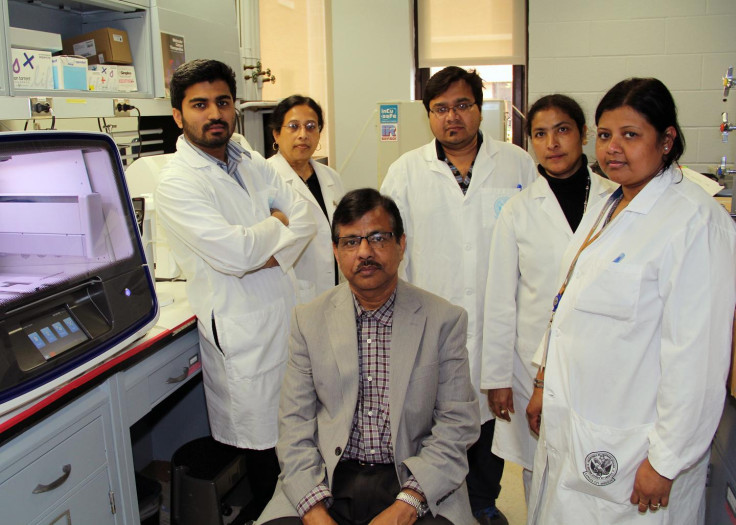Aspirin can halt breast cancer and prevent deadly relapses

A daily low dose of aspirin can block breast tumour growth and prevent deadly relapses, says a new study, adding to the repertoire of the miracle drug.
Acetylsalicylic acid (or, aspirin) seems to do the job by producing conditions that inhibit the reproduction of cancer forming stem cells, say researchers from the Cancer Research Unit at Kansas Veteran Affairs Medical Center.
Previous studies have already shown aspirin's beneficial effect on colon, gastrointestinal, prostate and other cancers.
"In cancer, when you treat the patient, initially the tumour will hopefully shrink," says Sushanta Banerjee of the medical centre who led the research. "The problem comes 5 or 10 years down the road when the disease relapses."
Cancer has stem cells, or residual cells. These cells that have already survived chemotherapy or other cancer treatment go dormant until conditions in the body are more favourable for them to again reproduce. "When they reappear they can be very aggressive, nasty tumours," he says.
These cells too were inhibited by aspirin.
The findings will be published in the July issue of Laboratory Investigation.
To test aspirin's effect in altering the molecular signature of breast cancer cells and halting the spread, Banerjee, also a professor at the University of Kansas Medical Center, used both incubated cells and mouse models.
Half of the incubated breast cancer cells were exposed to differing doses of acetylsalicylic acid.
Exposure to aspirin dramatically increased the rate of cell death in the test. Those that did not die off were left unable to grow.
The study involving 20 mice with aggressive tumours showed similar results.
For 15 days, half the mice were given a low dose of 75 milligrams of aspirin per day. When the tumours were weighed mice that received aspirin had tumours that were, on average, 47% smaller.
To demonstrate the cancer prevention ability of aspirin, an additional group of mice was given aspirin for 10 days before exposing them to cancer cells.
After 15 days, the mice had significantly less cancerous growth than the control group.
"We found aspirin caused these residual cancer cells to lose their self-renewal properties," says Banerjee.
"Basically, they couldn't grow or reproduce. So there are two parts here. We could give aspirin after chemotherapy to prevent relapse and keep the pressure on, which we saw was effective in both the laboratory and the mouse model, and we could use it preventatively."
Before starting on a daily aspirin regimen patients are advised to consult a doctor as the drug can have side-effects when taken regularly.
Aspirin side-effects
Harmful effects of aspirin include bleeding from the digestive tract, the risk of which for those under 70 taking aspirin daily for 10 years goes up to 5%, according to studies.
The other side-effect of aspirin use is peptic ulcer, the risk of which increases by 30-60%.
Nevertheless, Banerjee has been on a daily aspirin regimen for three years with, he says, no ill effects.
Studies have shown that aspirin taken daily can significantly reduce the risk of developing major cancers of the digestive tract, i.e. bowel, stomach and oesophagus, besides heart attacks and strokes it is known to prevent.
© Copyright IBTimes 2025. All rights reserved.





















